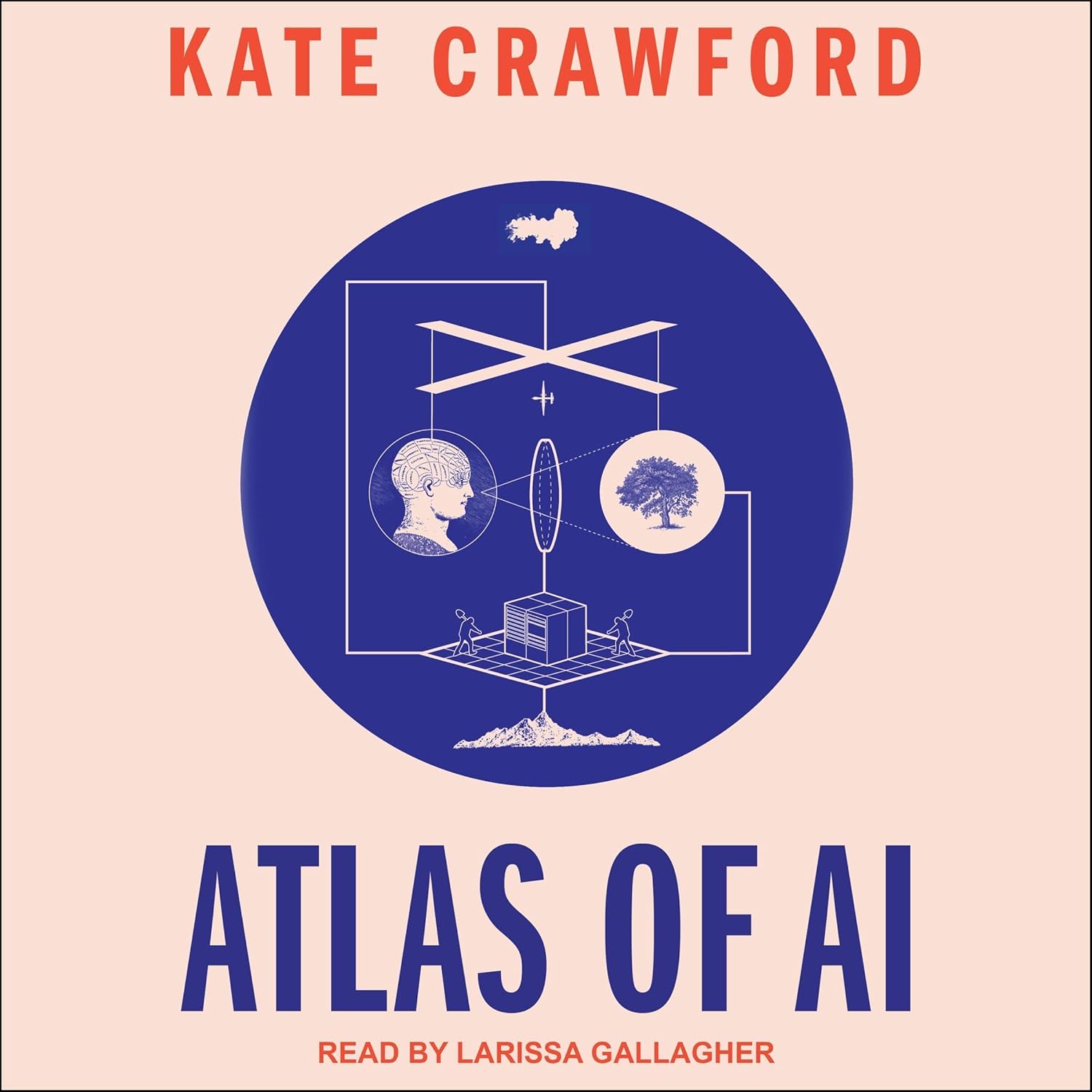Author:
Source
Sponsored:
Atlas of AI: Power, Politics, and the Planetary Costs of Artificial Intelligence - Audiobook

Uncover the true cost of artificial intelligence.
Listen now, and see the system behind the screens before the future listens to you. = > Atlas of AI $0.00 with trial. Read by Larissa Gallagher
Drupal, a powerful content management system, relies on a multi-component ecosystem comprising Drupal modules, themes, vendor packages, and external libraries. Regular updates are essential to keep your Drupal project secure, efficient, and equipped with the latest features. However, managing these updates manually can be time-consuming and error-prone.
The update process typically involves package updates, thorough testing (both automated and manual), and ensuring stability. Automating this process can alleviate the burden of manual labor and allow teams to focus on critical tasks. Furthermore, having a standardized update procedure ensures consistency across the development team.
Additionally, in Drupal, individual modules may introduce configuration changes, making it crucial to isolate these changes in separate commits, combining package updates with the associated configuration. This practice allows for easy rollbacks and commits revert when necessary.
Drupal Updater to the Rescue
The Drupal Updater is a versatile tool compatible with any Drupal 9 and above installation. Its primary function is to detect and update outdated packages listed in the `composer.json` file, along with their associated configuration.
More info and full documentation on GitHub…

